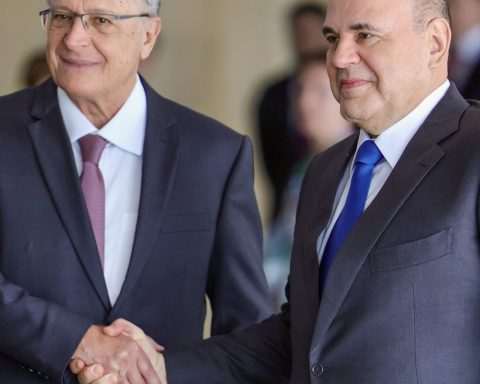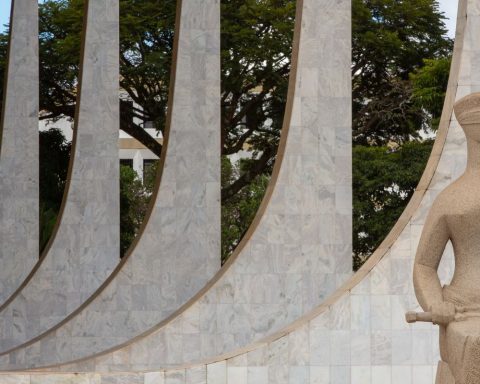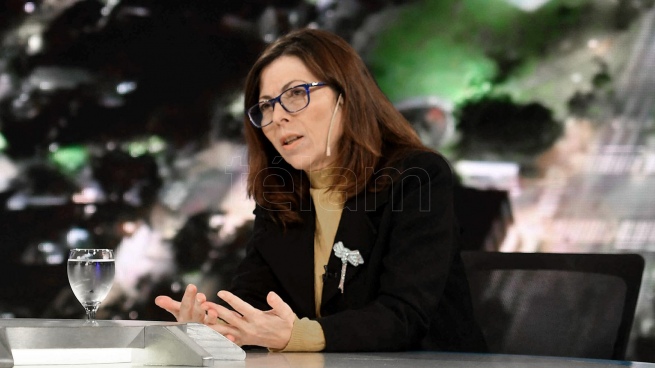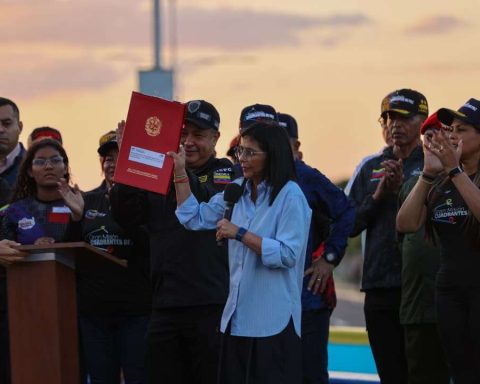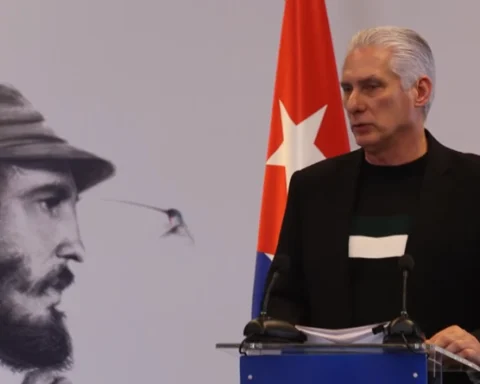With the presence of professors, national and foreign experts and the digital minister of Taiwan, Audrey Tang, the 2022 Innovation Week, aimed at discussing improvements in the public service, is open for registration. In a hybrid format (in person and online), the meeting will take place between 8 august 10 in Brasilia, in Rio of January and Recife.
Organized by the National School of Public Administration (Enap), the event, in its eighth edition, has the theme “Time to Create”. This year, the meeting aims to discuss the use of new technologies and innovations in management methods to improve the execution of public policies.
Also participating in the meeting will be the coordinator of the Innovation Center of the São Paulo State Department of Education, Debora Garófalo, and Professor Vera Monteiro, from the Law School of Fundação Getulio Vargas, in São Paulo.
The international experts invited to the meeting are Eli Dourado, senior researcher at the Center for Growth and Opportunity at Utah State University, in the United States; and economist Glen Weyl, creator of the RadicalxChange Foundation, a non-profit organization that works to expand democratic innovations.
The debates will have three axes: innovative public policies and delivery of public value; innovation in practice: management and methods with an impact on people’s lives; and new technologies at the service of digital transformation.
There will be face-to-face activities in Brasilia on the day august 8in Recife on the 9th and, in Rio of Januaryon the 10th. Regarding the face-to-face debates, not all activities will be transmitted over the internet and registration will be limited, according to capacity.
Enrollment
The public server who wants to register must have a Zoom account (virtual meetings application). If you don’t have an account, you can create one for free by accessing the link. Then, access the Innovation Week 2022 website, on the Enap websiteclick on the “Register” button and choose the type of ticket you want (in person or online).
In addition to Enap, the initiative has the support of the Federal Audit Court (TCU), the Latin American Faculty of Social Sciences (Flacso) and the Ministry of Economy.
The Ministry of Health, the Unified Health System (SUS), the National Health Foundation (Funasa), the Ministry of Education, the National Institute of Educational Studies and Research Anísio Teixeira (Inep), the Joaquim Nabuco Foundation and the Organization of Ibero-American States (OEI).



